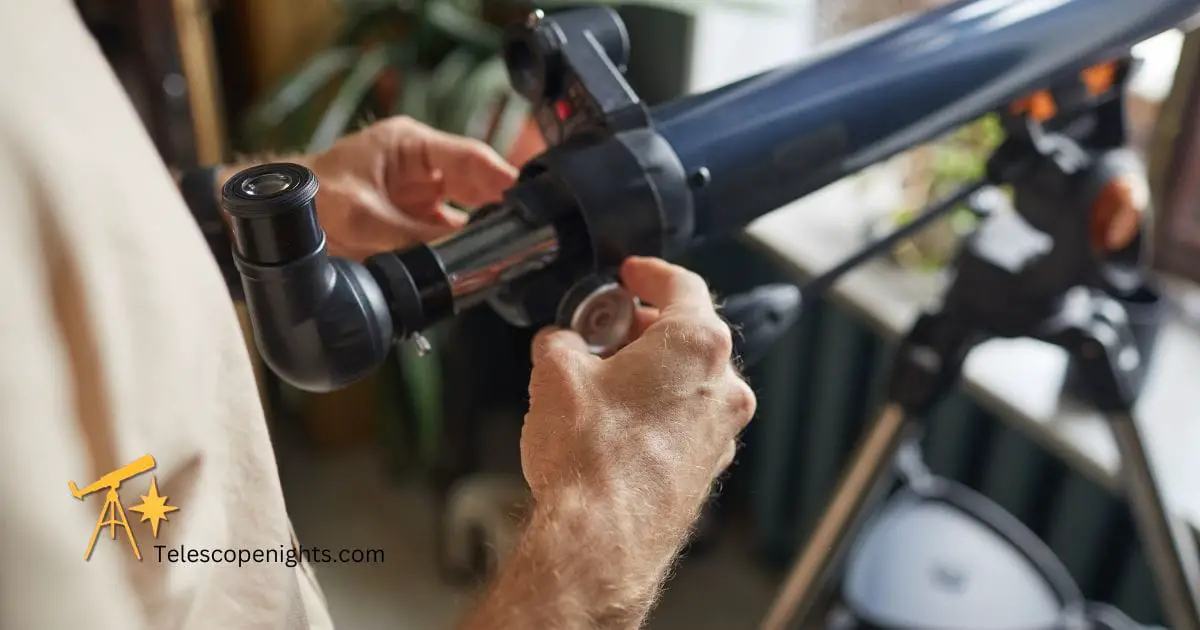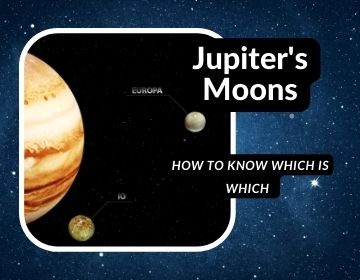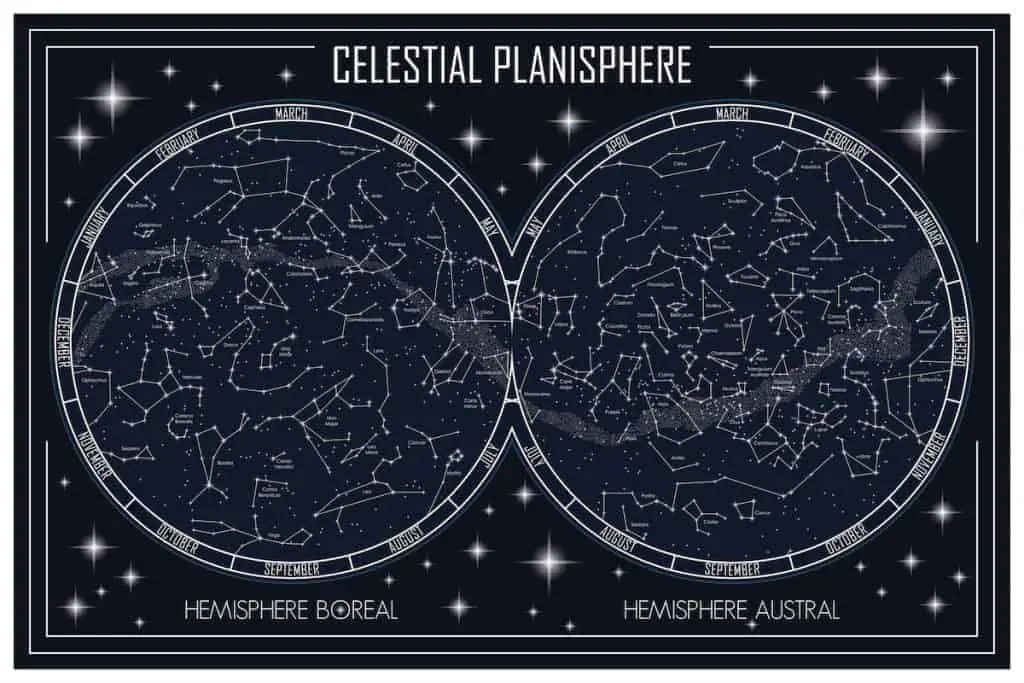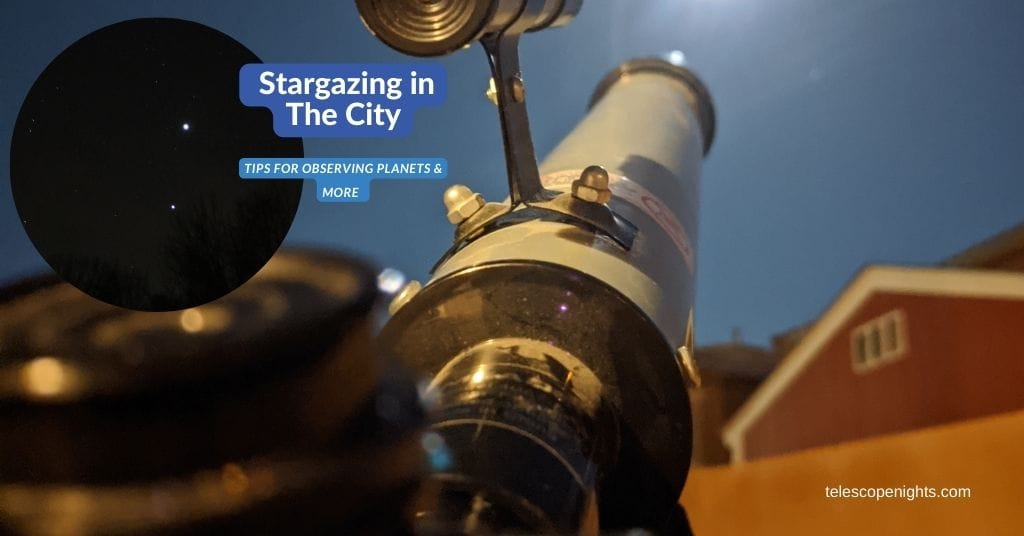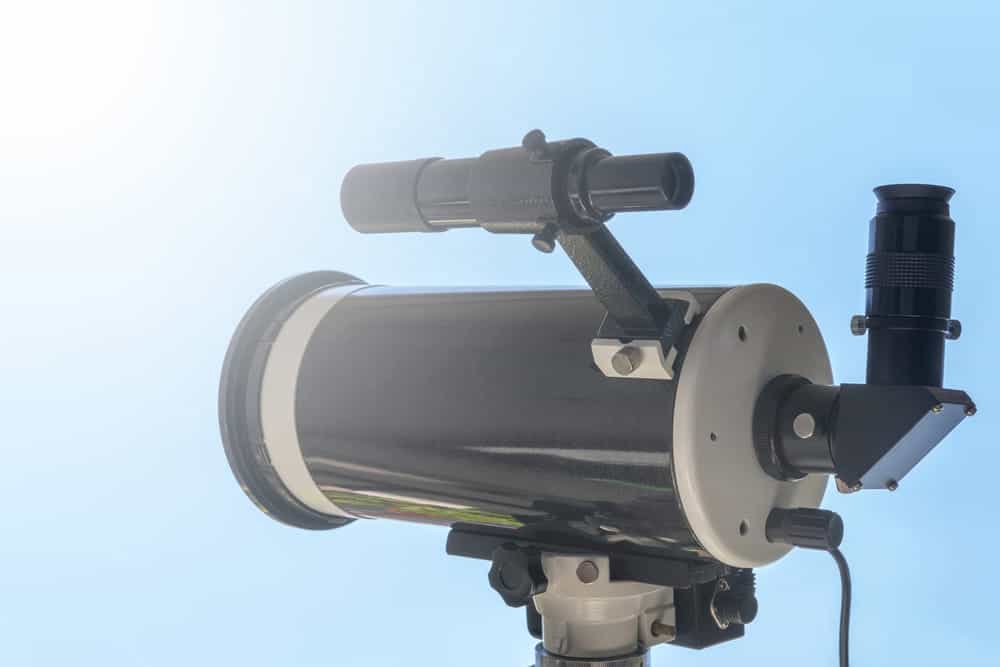How To Use A Barlow Lens [+ What To Look For When Buying]
Getting the most out of your telescope can depend on how well you know the accessories as well as what to look for when buying them. Getting the good oil on what to know about buying and how to use a Barlow lens in a telescope certainly helps. Key takeawaysBarlow lenses are essentially magnifying lenses … Read more

